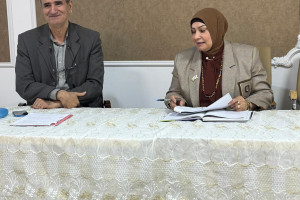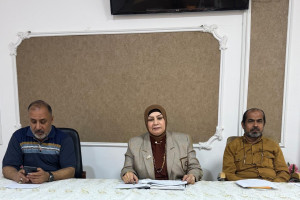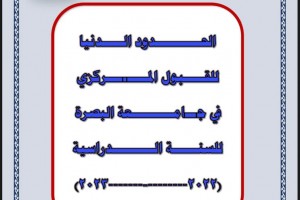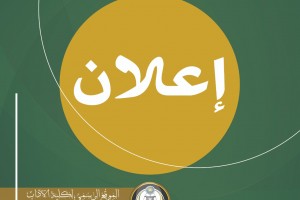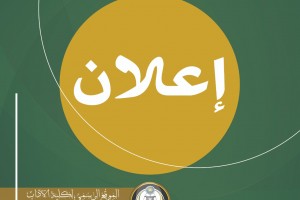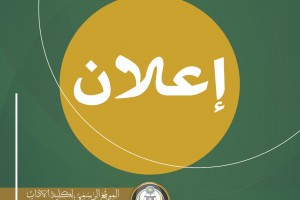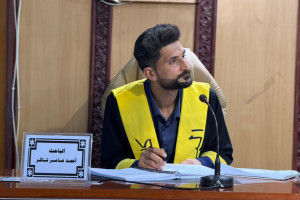
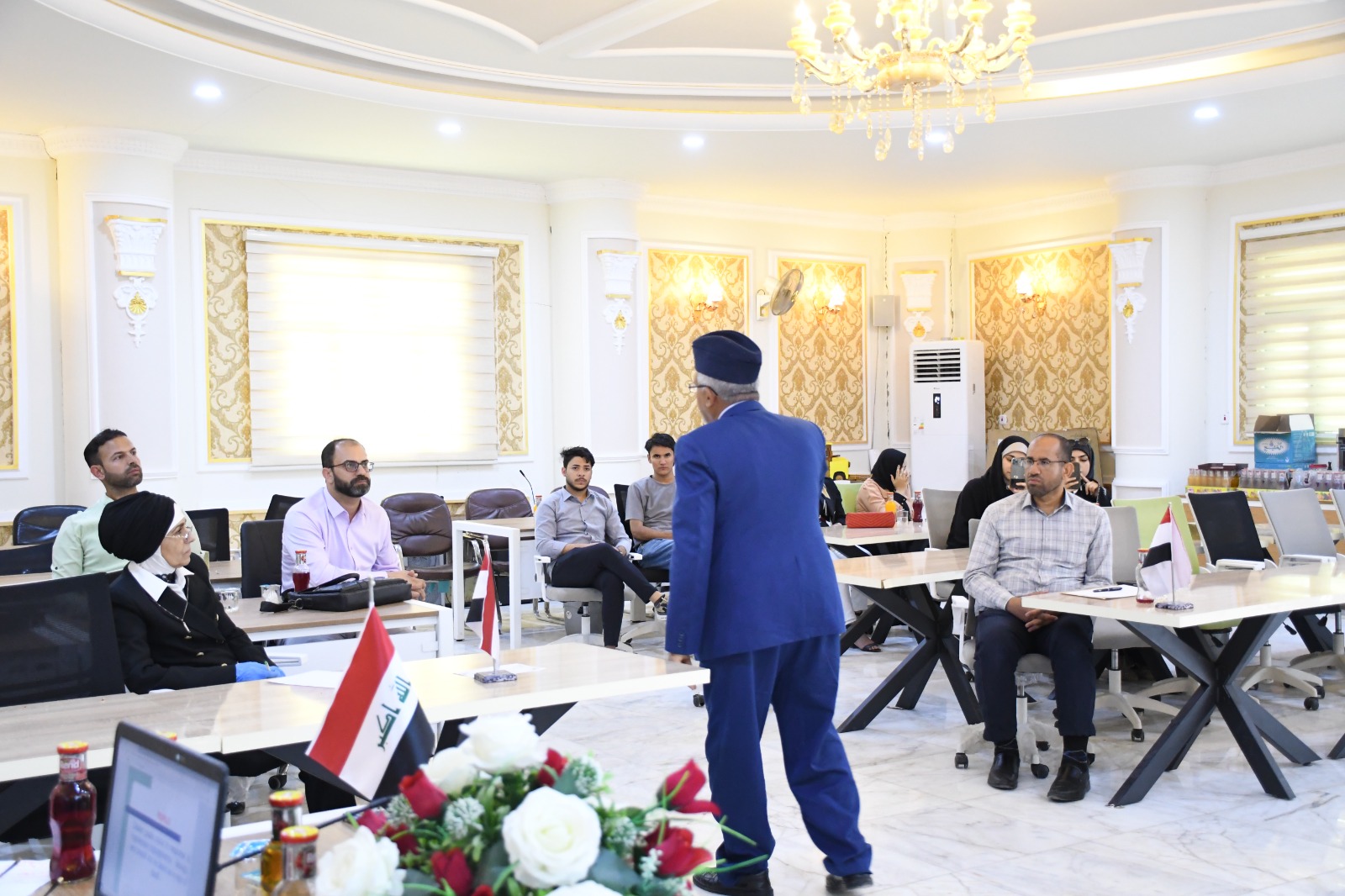

The Department of Philosophy at College of Arts at the University of Basrah organized a medical workshop on the golden minutes in initial resuscitation for sudden cardiac arrest.
The workshop, in which lect.Dr. Hamid Abdelnabi Flaifel Al-Jassem (specialty in anesthesia, intensive care and palliative care) lectured, aims to:
First: Learn about the diagnosis and types of sudden cardiac arrest.
Second: Identifying the principles of resuscitation of cardiac and respiratory arrest in the absence of breathing support outside the hospital.
Third: Learn the methods of opening the upper respiratory tracts in case of loss of consciousness or cardiac arrest and breathing.
Fourth: Recognizing the correct position to move the unconscious person.
Fifth: Choking treatment (by intercepting a sudden foreign body) for children.
The workshop touched on the need to initiate immediate basic resuscitation for sudden cardiac arrest in the first five minutes of its occurrence and in the same place of its occurrence, whether at home, street or hospital, and until the arrival of the emergency medical service, in order to avoid death and permanent damage to the heart and brain due to oxygen deprivation resulting from Cessation of blood flow to the heart and brain.
The workshop dealt with how to diagnose signs of cardiac arrest, namely loss of consciousness, lack of Pulse in the carotid artery in the neck, stopping breathing movements and dilating the pupils of both eyes.the workshop also included basic treatment methods for cardiac arrest, namely freeing the blockage of the upper airways due to the return of the tongue muscle back in the pharynx, supporting breathing with the so-called Kiss of life, external massage of the heart, asking for help and contacting the emergency medical service as soon as possible for the purpose of bringing an electric shaking device to the scene before transporting the patient to a hospital, where the effect of any minute delay in the work of the electric shaking device, which is the only effective treatment for cardiac ventricular fibrillation, it means a 10% failure in the treatment of cardiac arrest.

